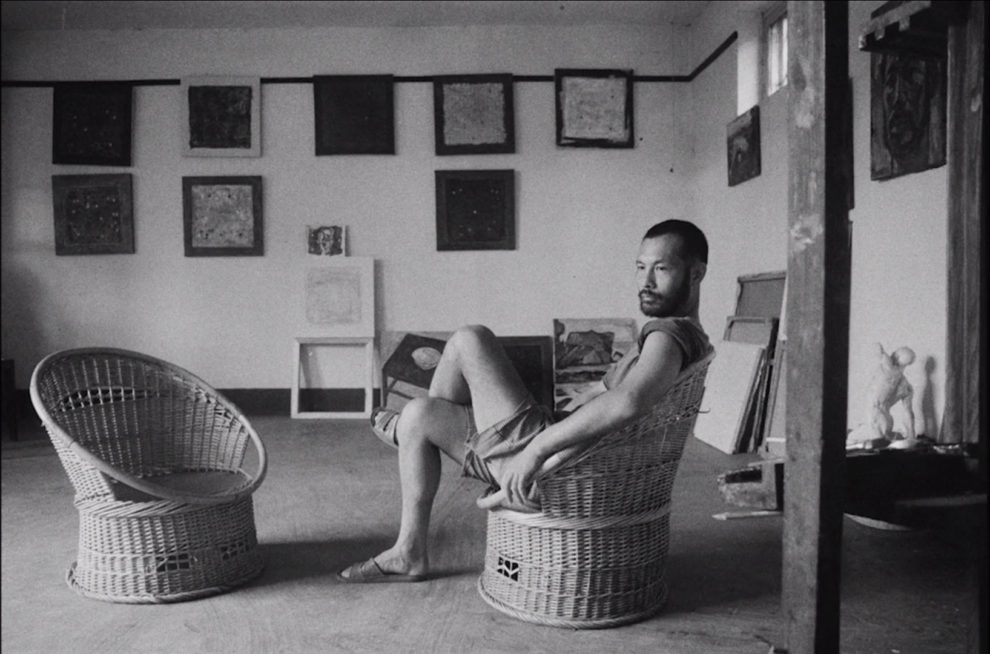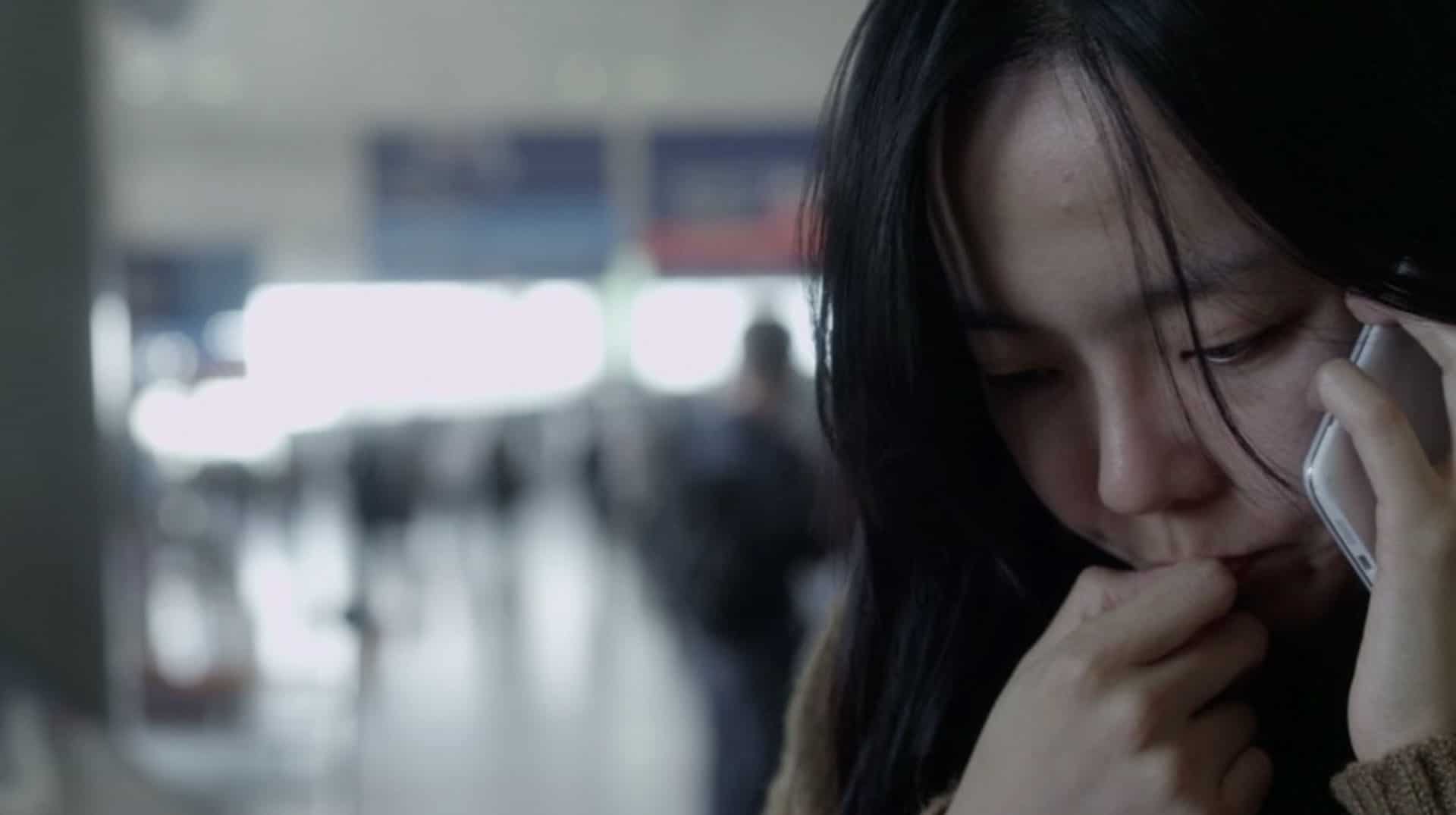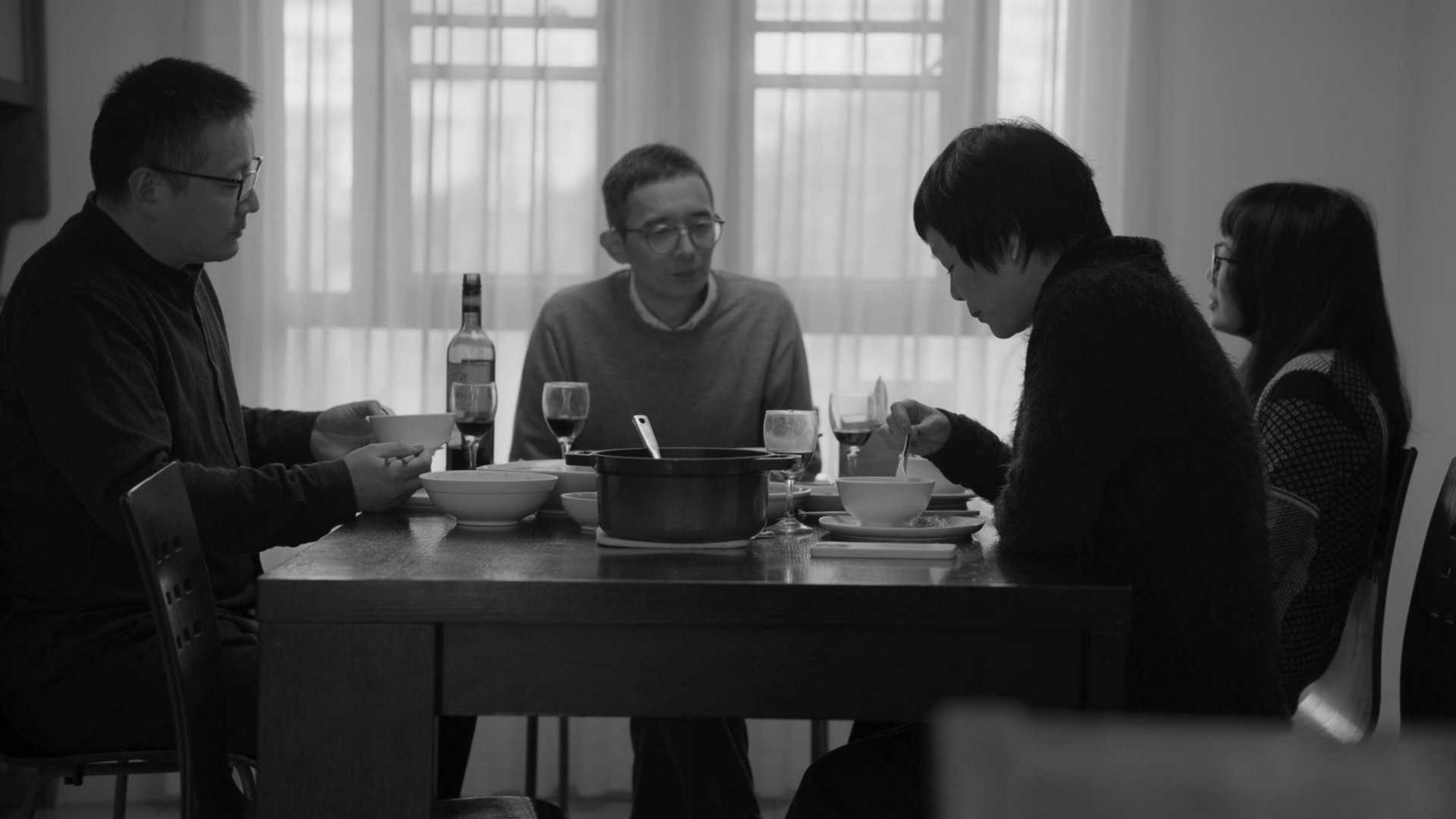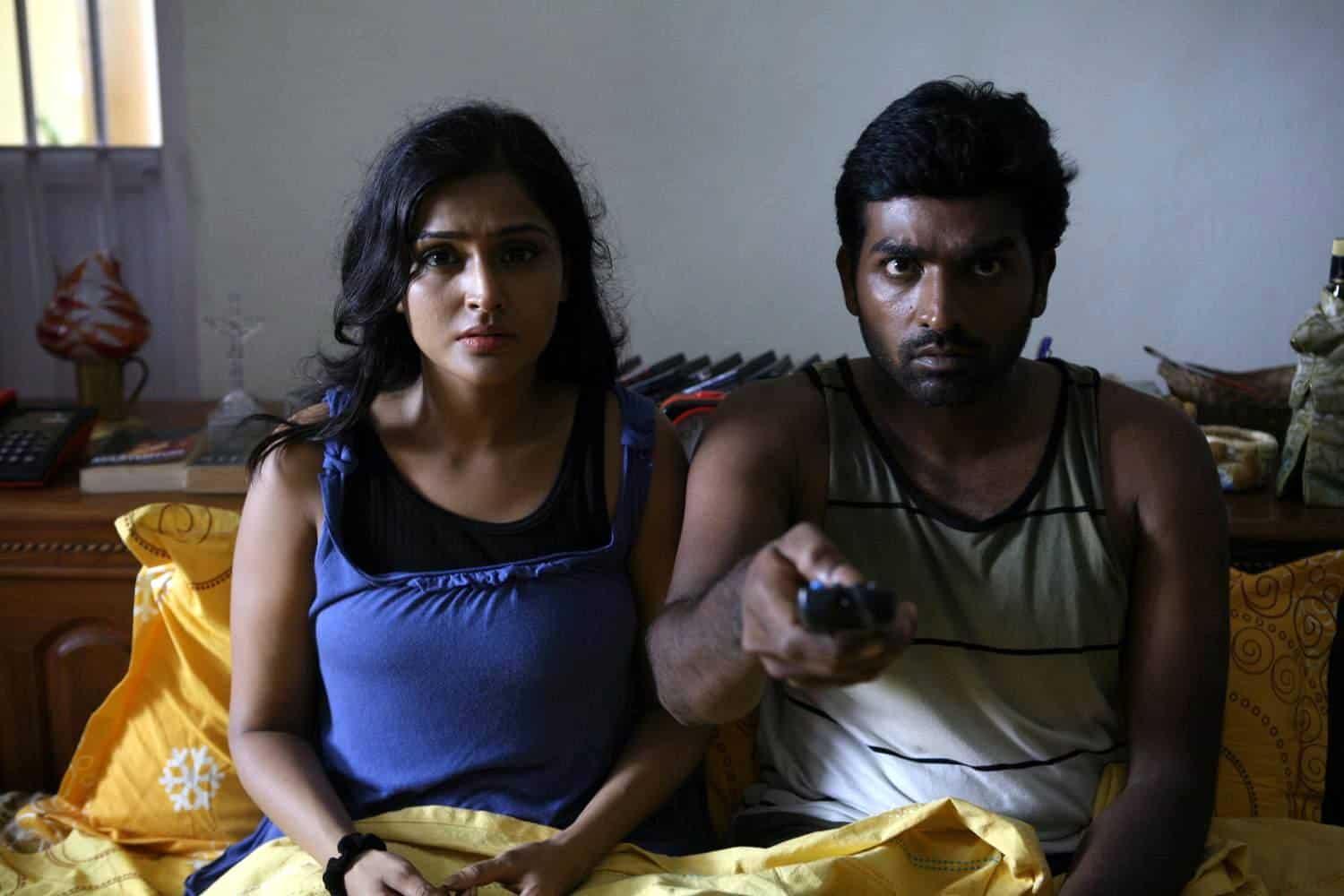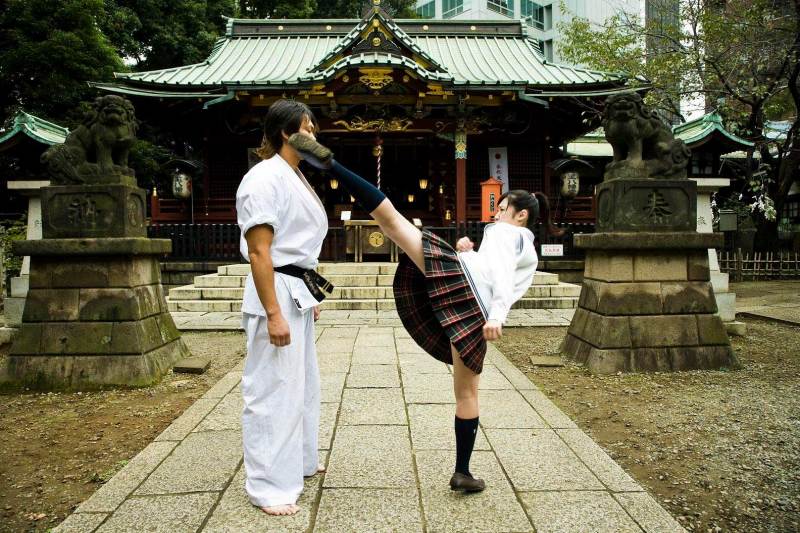Hu Jie's “Searching for Lin Zhao's Soul” is the most famous and complete film from his oeuvre. With 2006's “Though I am Gone” and 2014's “Spark” it formulates a trilogy of works exploring and attempting to rewrite the traumatic aspects of People's Republic of China's troubling history. In “Searching's…” closing sequence Hu asks: “Will our history enter our memory? How will it enter our memory?”. This poignant question summarises Hu's work in a succinct way. Both “Searching…” and “Though I am Gone” explore the intersections and disparities between personal memories and official history narratives. In a very similar vein, the two films pose a similar dilemma: should the generational trauma be unearthed, and processed properly? Or should it just be forgotten for good?
Buy This Title
on Amazon
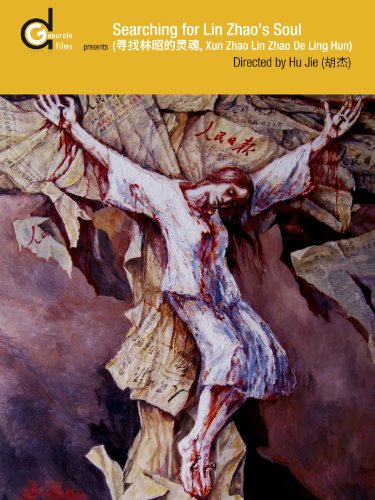
With either of the films shot in guerilla conditions (crew mostly consisting of Hu and one of his assistants), the Chinese director's works have a minimalist aesthetic. “Searching for Lin Zhao's Soul” was shot on a small, amateur digital camera and therefore feels almost like a home movie. Its content is also intimate, as, through interviews, the movie attempts to capture the essence of the eponymous character. Lin Zhao was a student and political activist who was labelled as a reactionary during the anti-rightist movement in the PRC in 1958. Lin openly criticised the government and Mao's policies. Her open dissidence was punished by the government officials during the Cultural Revolution when she was imprisoned and executed. Therefore, a seemingly naive aesthetic is employed to tell a haunting story with ultimate stakes.
The documentary, through a series of interviews with people close to Lin, attempts to paint a portrait of her. It simultaneously captures the political, cultural and social tensions of the 1950s and 1960s in China. “Searching…” meanders between the private and general scale of the story by often shifting its focus. The Beijing intelligentsia and student activists of the period recollect these times, with one of them concluding: “even common sense was counter-revolutionary [in Mao's China]”. Despite the ambitions to provide the full context, the focus of Hu's narrative feels at times a bit misplaced. The film could benefit from an editing trimming, with some interviews not adding much to the overall story.
During his search, Hu Jie is trying to scratch- and peel off the official narratives. ”Searching…” is a documentary shot in a first-person mode, with the director at times being present in the frames. By visiting and shooting in places of personal significance to Lin, Hu's portrait gains a bit of precision. In the final sequences, we realise, that it is Lin Zhao's story, as much as it is Hu Jie's. The painstaking process of rediscovering Lin's biography by the director seems to mimic the devotion to the cause the protagonist herself had. During her years in prison she was refused access to pen and ink, and therefore decided to write with her own blood. As a result, she produced hundreds of manuscripts, essays and poetry. Most of the works still remain inaccessible, as they are kept in the Chinese government's archives. Hadn't it been for Hu Jie's independent documentary, Lin's struggle for civil rights at the height of Mao's rule would be marginalised to this day.


